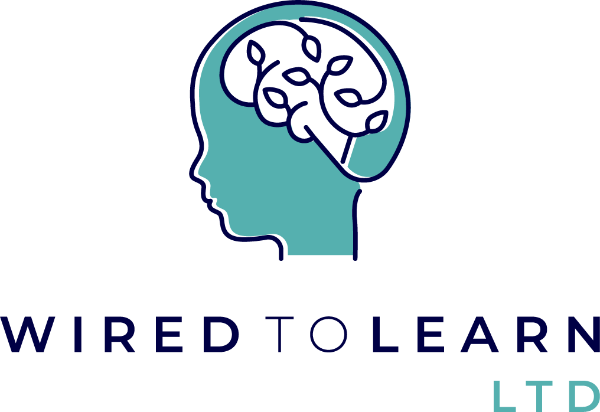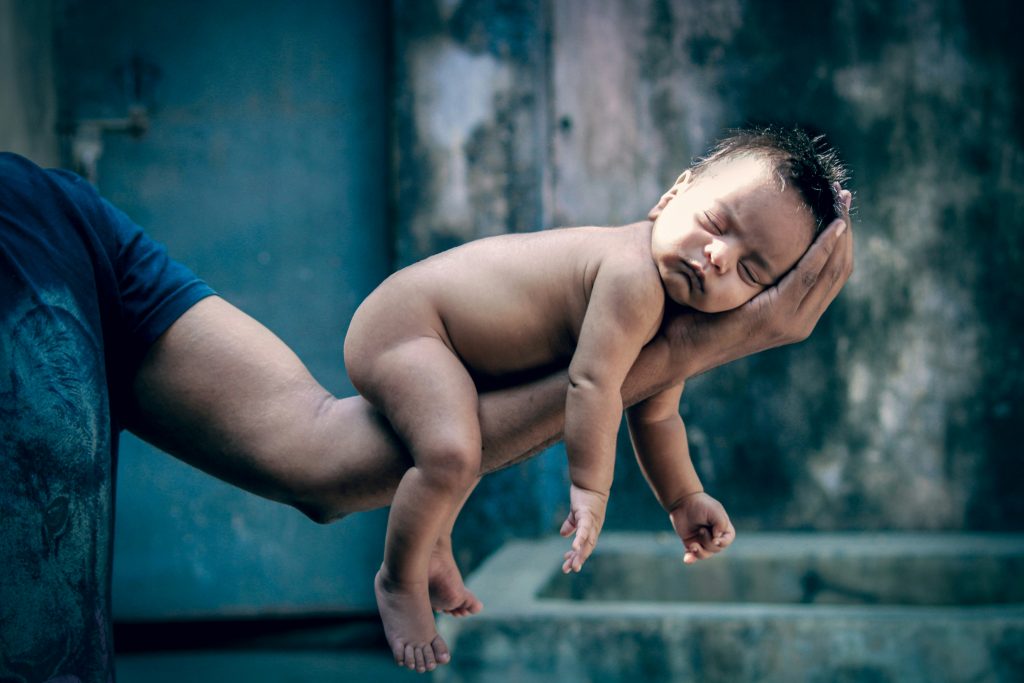Reflex 101
An introduction to Primitive and Postural Reflexes in Children
Facilitated by
Janet Glover
RGN, RM, HV, BSc (Hons), PGCE, MA
Neuro-Developmental Consultant
Janet Glover is a fully qualified Neurodevelopmental Consultant and is trained in INPP, RMTi, MNRI, JAIS and Melillo Method.
This is a 3-day introductory practical programme for practitioners, educators, parents and carers wanting a hands on approach to the understanding, recognition and remediation of retained primitive and postural reflexes in children and young people.
Innate primary movements and reflex patterns that are expressed by every individual are key elements of human development. Many of those reflexes are essential to survival, especially during periods of stress or danger. They are also the fundamental neurological building blocks for all learned movement and skills, and they crucially influence the development of the brain and many cognitive and intellectual processes as we mature. During certain events that occur in utero, at birth, or later in life, a child or adult may experience trauma that affects the ability to use these reflex patterns effectively. In addition, stressful situations may cause an individual to revert to using early infant reflexes.
Fees include water and hot drinks throughout the day. Please bring a packed lunch or cafes and shops will be available at or near the venue. Parking will be available. A list of suitable accommodation is available on request.
The cost is £525 per delegate and there is a discount available for repeaters on request. A £50 deposit is required on registration to confirm the booking and details of how to pay will be sent out with the registration confirmation form. Your place is not secured until this deposit is received.
Course Content
| Day 1 – So What Are Primitive and Postural Reflexes? Sunday 22nd Sept | – The importance of a detailed history prior to any assessment taking place. (Covering all aspects of the antenatal, peripartum (birth) and postnatal period). Are you asking the right questions? – Reflex development from conception to 3 ½ years – The results of abnormal reflex development above 3 ½ years – How developmental factors affect learning difficulties and behaviour – What is neuro-developmental delay? – The relationships between the developing reflexes, motor skills and sensory development during the first few years of life – Understanding the functions of the vestibular system and cerebellum – Using a screening questionnaire effectively |
| Day 2 – How Can I Recognise and Diagnose these Reflexes- what exactly am I looking for? Monday 23rd Sept | – A practical session where a full developmental assessment is demonstrated and explained followed by a hands on session where all delegates will get an opportunity to carry out these diagnostic test. – We will look at how to effectively test for: 1. Gross Motor Coordination and Balance 2. Patterns of Motor Development 3. Primitive Reflexes 4. Postural Reflexes 5. Dysdiadochokenesia 6. Laterality 7. Oculo-Motor Functioning 8. Visual Perception – Diagnosing neuro-developmental delay. – We will look at how you record and score your findings and examples of a variety of case studies. – “What next?” options” |
| Day 3 – How can I either stimulate or inhibit retained reflexes and how do I put a programme of remediation/Integration together? Tuesday 24th Sept | – A very practical session where we will demonstrate a variety of exercises, and motor movements that you can do with patients once diagnostic testing has been completed and a diagnosis of neuro-developmental delay has been made. – Time to practice these exercises to ensure the timing and sequencing is appropriate. – We will look at how you prioritise your findings to ensure the correct programme is devised for the child. – Discuss which order to treat your reflex profile. – Side effects, regression and signs of overloading the system. – What programme can I do if I find that there are no residual reflexes at play but the patient presents with significant to mild motor/visual issues or other signs of developmental delay? |

